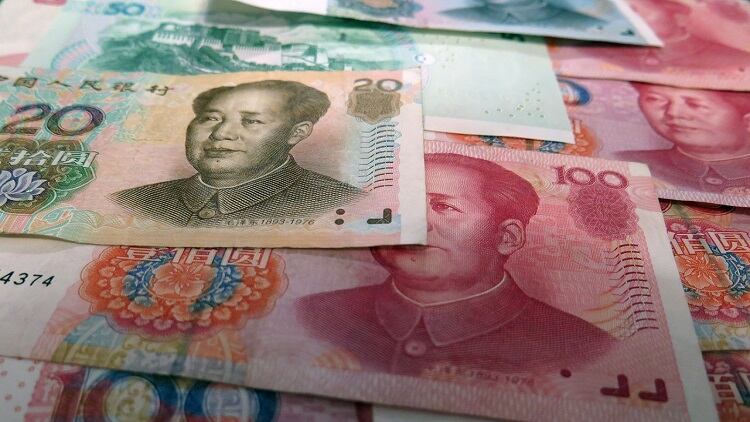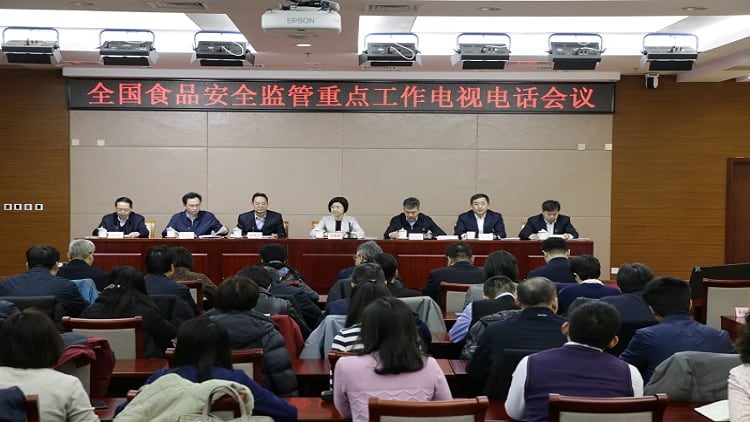The operation involves authorities from 13 government units, and is targeted at individuals and firms involved in putting up fake advertisements, manufacturing and selling counterfeits, and other illegal and deceptive actions that disrupt the health food market.
In the past two and a half weeks, the operation has brought to light at least 300 cases of illegal activities amounting to US$6.7m (RMB45m), China's State Administration for Market Regulation (SAMR) announced during a press conference on January 30.
The government units have also received 1,100 cases of consumer complaints and helped recovered financial losses worth RMB$8.4m (US$1.2m).
54,000 enforcement officers were mobilised since the operation started. 16,000 shops which are involved in the health industry have been inspected.
On top of monitoring industry players, the scope of the inspection was also extended to 4,200 public places, including community spaces, parks, and parades, and 2,600 motels and hotels.
Even tourist attractions and rural markets were not spared.
More than 300 pieces of fake information circulating on the internet were deleted.
Around 130 websites, mobile applications, social media accounts were revamped or shut down.
The SAMR also reiterated the “six key focuses” of the operation, which refers to the inspection of behaviours and sectors, retail products and services, locations, groups of people, time, and actions.
Case studies
The SAMR also revealed 14 case studies during the media conference.
These 14 case studies highlighted five ways on how the “100-day operation” works.
1) Strengthen inspection of conference sales to catch instances of fake product marketing
The market regulator of Zhangjiagang City found that a certain food firm, Jingang Lingkang, had marketed a number of health products, including gel capsules and sweets as medicines.
“Through playing pre-recorded videos (which were said to be live telecast) and verbal narrative, the person involved claimed that the products produces healing effects, and deceived consumers into believing that the products could cure illnesses,” the case study report said.
The company was penalised according to the “Anti-Unfair Competition Law”. It was ordered to stop its unlawful actions and was fined RMB$270k (US$40k). As the company also sold unlabelled products, it was also fined RMB$30k (US$4.5k) according to “Food Safety Laws”.
2) Strengthen enforcement efforts on dubious advertising
A beauty salon in Panzhihua city, located in Sichuan, had allegedly put up misleading marketing materials.
For instance, it had put up advertisements with the terms “Quanjian TCM secret remedy for rhinitis, herniated disk in lower back,cervical spondylosis, hypertension, cerebral ischemic stroke, gout, rheumatism, prostate problems, diabetes, hysteromyoma, cervical erosion, cyclomastopathy, insomnia” and using LED screens to publicise the following “Professional services using TCM secret remedy…Immediate results seen for prostate problems, menstrual cramps, cervix problem, infertility.”
The case is still under investigation.
3) Greater monitoring of the health food market
Shanghai Songjiang market regulator had found a company which did not manufacture its health products according to the formula approved by the authorities, and that the labelled information was inaccurate, including the date of production.
The firm had first exported the half-finished products for further processing before importing it back to China, as such, avoiding the usual health food inspection procedures.
More than 28,000 bottles of ganoderma capsules were confiscated. The firm was fined RMB$11m (US$1.6m) and illegal proceeds of about RMB$220k (US$33k) was confiscated.
4) Strict inspection on illegal activities that operated under the disguise of health maintenance
A company had allegedly promoted the health benefits of cordyceps bird nest using news footage which appeared to have originated from Sichuan Radio and Television at an exhibition.
However, the company was unable to provide evidence to show that they were permitted to promote medicinal products and was unable to prove if the footage and advertisement materials were legal.
Inspection officers have confiscated herbs and “health” products worth RMB$300k (US$45k).
The case is pending further investigation.
5) Strict inspection on direct selling agents to stem fake advertising and illegal multi-level marketing
Situated in Tianjin, the firm Yueshi Tongren had allegedly conducted a MLM conference involving 100 people and sold “health food” online via the scheme.
The case was uncovered during a 17-hour long police raid.
More than 20,000 boxes of health food were confiscated. The company’s legal representative Liu Ge Sheng will now face criminal enforcement measures.





